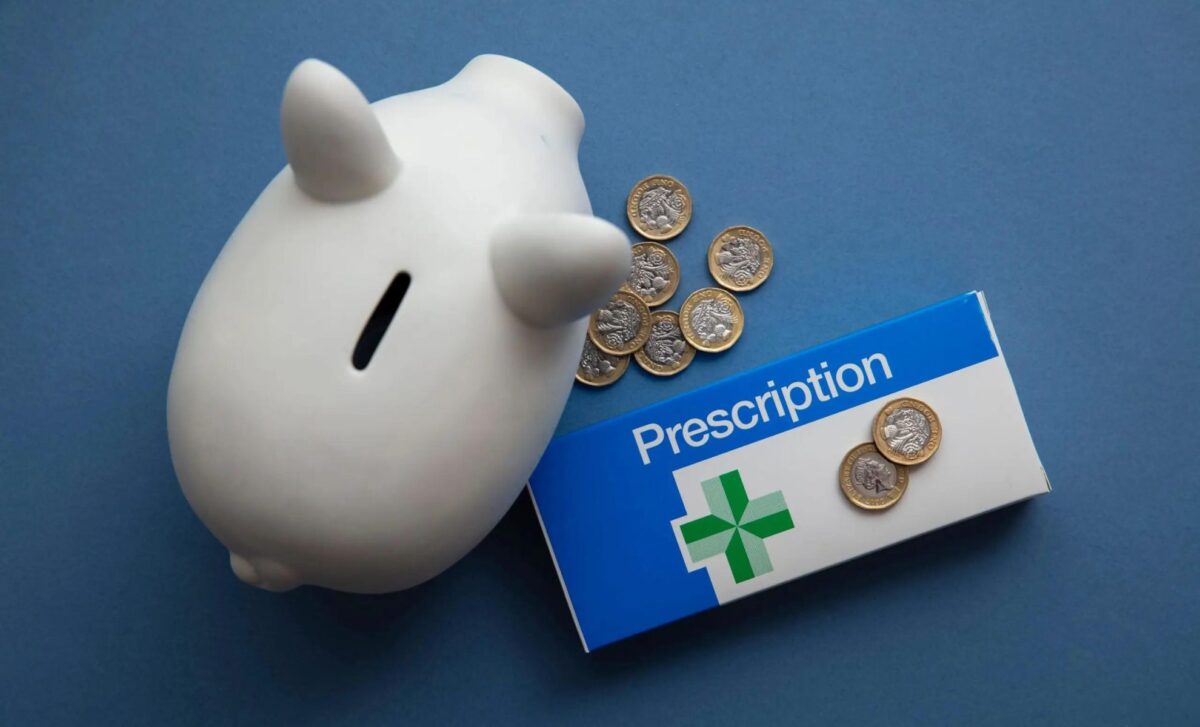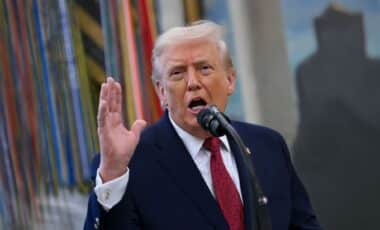NHS prescription prices in the UK rose by 2.59% on May 1, marking a dark day for individuals in need of medication. Many are blasting the rise in prices to roughly £10 as a “tax on the working poor” and warn that more people would skip collecting their medications due to the expense.
NHS Prescription Fees Surge Sparks Calls for Change
Since Wednesday, May 1, the price per item has increased from £9.65 to £9.90. Furthermore, the 12-month NHS prescription prepayment certificate, which permits unlimited prescriptions for a fixed charge, was raised from £111.60 to £114.50.
While prescriptions are still free in Scotland, Wales, and Northern Ireland, the Royal Pharmaceutical Society (RPS) in England is advocating for the elimination of these fees. RPS chairwoman Tase Oputu said, “This is a dark day for patients, who will now have to pay nearly £10 for each item on their prescription.”
She underlined the effect of the cost-of-living crisis, claiming that the hike will disproportionately harm low-income people.
Ms Oputu slammed the annual increase in prices, describing it as a barrier that renders necessary medicines unaffordable for many people, adding, “This is totally unacceptable.”
She went on to say: “You can, it seems, put a price on health. Everyday pharmacists are asked by patients who are unable to purchase all the goods in their prescription which ones they can ‘live without’. No one should face a financial barrier to getting the medicines they need to keep them well. Prescription charges should be scrapped in England, as they have been in the rest of the UK.”
Nick Kaye, chairman of the National Pharmacy Association, stated: “To allow the prescription charge to rise to this level is a shameful neglect of working people on low fixed incomes, who are not exempt. Many people already choose not to collect some or all their prescription medicines because of cost, with potentially dire health consequences.
“This is a tax on the working poor that deepens the cost-of-living crisis for them.”
While medications are still free for certain populations such as children, the elderly, pregnant women, those on certain benefits, and people with specific medical conditions, there is a growing call for change.
Who is Eligible for Free NHS Prescriptions?
There are 15 categories with specific living or medical situations that can qualify for free NHS prescriptions, including people who:
- Are younger than 16
- Are aged 16 to 18 and enrolled in full-time education.
- Are expecting or have had a baby in the last 12 months.
- Are registered disabled and cannot go out.
- Have a war pension exemption certificate.
- Are an NHS inpatient.
- Receive Income Support.
- Receive Income-based Job Seekers’ Allowance.
- Receive income-based Employment and Support Allowance.
- Receive Pension Credit Guarantee Credit.
- Receive Universal Credit (UC) and their earnings during their most recent assessment period were £435 or less, or £935 or less if their UC includes an element for a child, or they have restricted capability for work.
- Have a valid NHS tax credit exemption certificate.
- Obtain a valid NHS certificate for full assistance with health expenditures (HC2).
- Have certain conditions such as cancer and epilepsy.
- Are 60 or older.
People who are ineligible for free prescriptions may be able to get help paying for their medication via the NHS low-income plan.
The NHS low-income programme is offered to persons who do not have more than £6,000 in savings or capital and must meet one of the following requirements:
- A pensioner.
- A student.
- Earning a wage
- Receiving State Benefits
- I’m living in a care facility.
The amount of assistance provided is determined by the individual’s weekly income and essential outgoings, as well as any savings or investments they may have at the time of application. People may submit applications for the scheme by visiting the NHSBSA website here.









